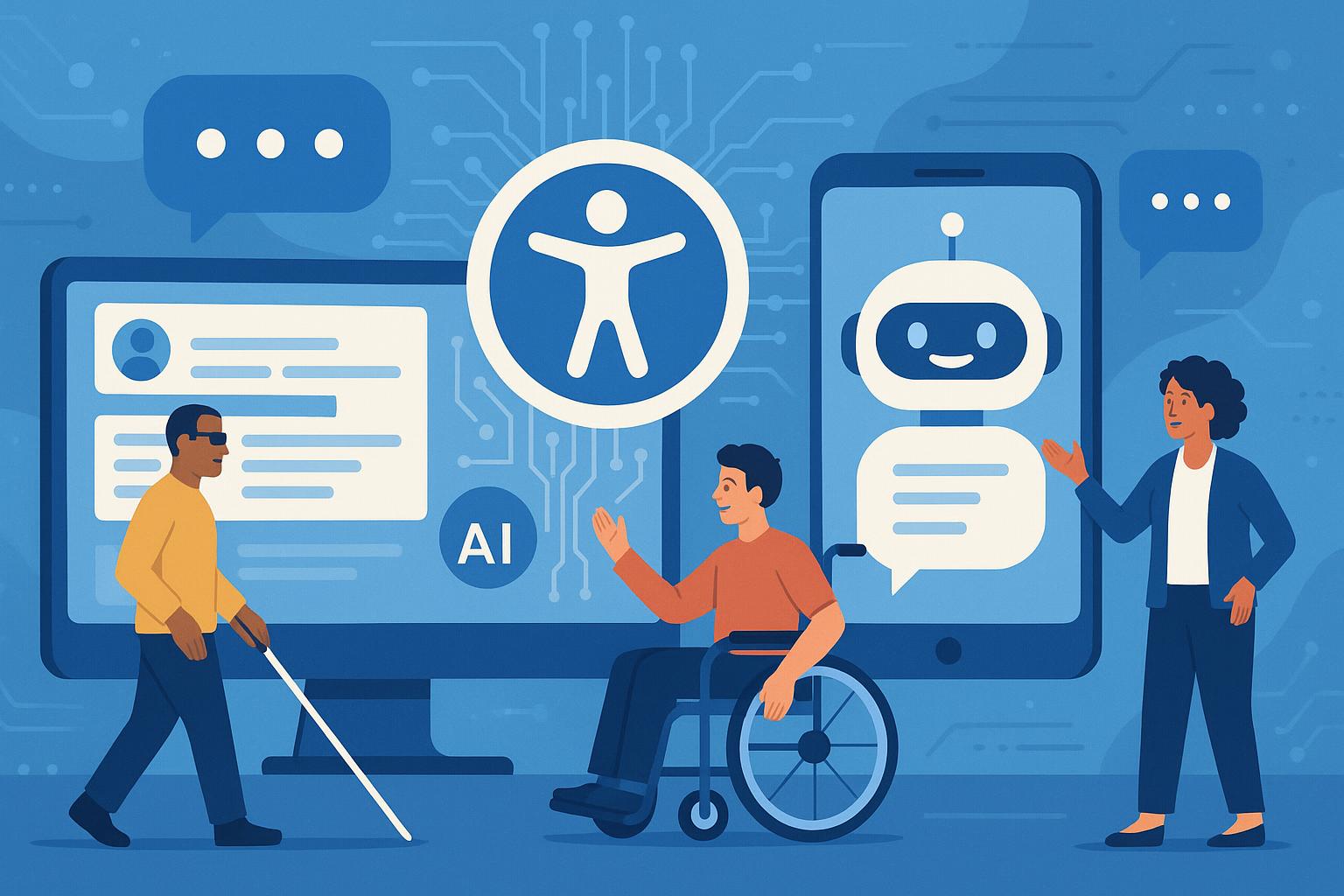Introduction to Chatbots in Education
The dynamic landscape of educational technology has been significantly influenced by Artificial Intelligence (AI). At the forefront of this transformation are chatbots, driven by sophisticated algorithms and large language models (LLMs). These AI-powered interfaces are not merely enhancing how students engage with educational content; they are revolutionizing the frameworks of teaching and learning. This article explores the role of AI chatbots in education, particularly in providing personalized course navigation and tailored tutoring, which marks a substantial departure from traditional learning management systems to more interactive, conversational user experiences.
Understanding AI Chatbots in Education
AI chatbots serve as intelligent personal assistants that support students throughout their educational journeys. Utilizing natural language processing (NLP) and machine learning, these systems comprehend and respond to student inquiries, fostering a more interactive and engaging learning environment. Through integration with educational platforms, chatbots deliver real-time assistance, answer questions, and provide personalized feedback and support, catering to individual learning needs effectively.
Key Features of Educational Chatbots
- Personalized Learning Paths: Chatbots evaluate individual learning styles and pacing, recommending tailored learning materials and activities.
- Instant Feedback and Support: They provide immediate responses to student inquiries, clarifying doubts and offering explanations, which maintains the continuity and interactivity of the learning process.
- Scalability: Capable of interacting with multiple students simultaneously, AI chatbots are a scalable resource for educational institutions.
- Integration with Educational Resources: These bots seamlessly interface with databases, textbooks, and other learning management systems to access and deliver pertinent information.
Case Studies: AI Chatbots in Action
Examining real-world implementations of AI chatbots in education reveals their impact and potential. Here are some illustrative examples:
1. The Adaptive Learning Bot
A university has integrated a chatbot into its digital learning platform, which personalizes the educational experience by analyzing students' past performance, preferred learning speeds, and engagement with various types of content. It recommends readings, schedules tasks, and adjusts quiz timings based on the students' productivity patterns.
2. The Language Tutor Bot
In language education, chatbots are invaluable for conducting interactive sessions, offering practice exercises, and facilitating conversational practice. These bots provide instant corrections and feedback, significantly enhancing both the speed and quality of learning.
3. The Homework Helper Bot
A high school has deployed a chatbot to assist students with homework. This bot addresses homework-related queries, explains complex concepts, and directs students to additional resources, fostering a deeper understanding and encouraging further exploration of learning materials.
Technical Challenges and Considerations
Despite their benefits, several technical and ethical challenges must be considered when implementing AI chatbots in education:
Privacy and Data Security
It is crucial to protect the confidentiality and security of student data. Developers must comply with educational standards and regulations, such as the Family Educational Rights and Privacy Act (FERPA) in the U.S., to safeguard student information.
Accuracy and Reliability
A chatbot’s effectiveness heavily relies on its ability to deliver accurate and reliable information. Ongoing training and updates are essential to preserve the integrity of the content provided by these bots.
User Experience and Accessibility
Chatbot design should be inclusive, ensuring accessibility for all students, regardless of their learning abilities or familiarity with technology, thus allowing equitable benefits.
Future of AI Chatbots in Education
The integration of AI chatbots into educational settings is still in its early stages. As technology progresses, these bots are expected to become more intelligent, context-aware, and proficient in delivering highly personalized learning experiences. They are poised to shift education from a generic approach to a more customized model, deeply aligning with each student's distinct needs and objectives.
Conclusion
AI chatbots in education promise to transform learning experiences by providing personalized support, real-time feedback, and scalable solutions to educational challenges. As we further explore and implement these advanced technologies, the potential to create more inclusive, engaging, and effective learning environments grows exponentially. For educators, students, and technology professionals, the future of AI in education is a thrilling prospect ripe with opportunities for innovation and development.












